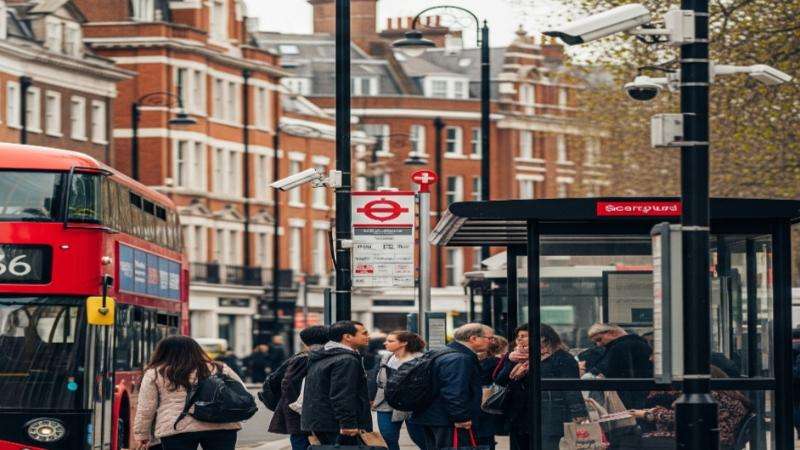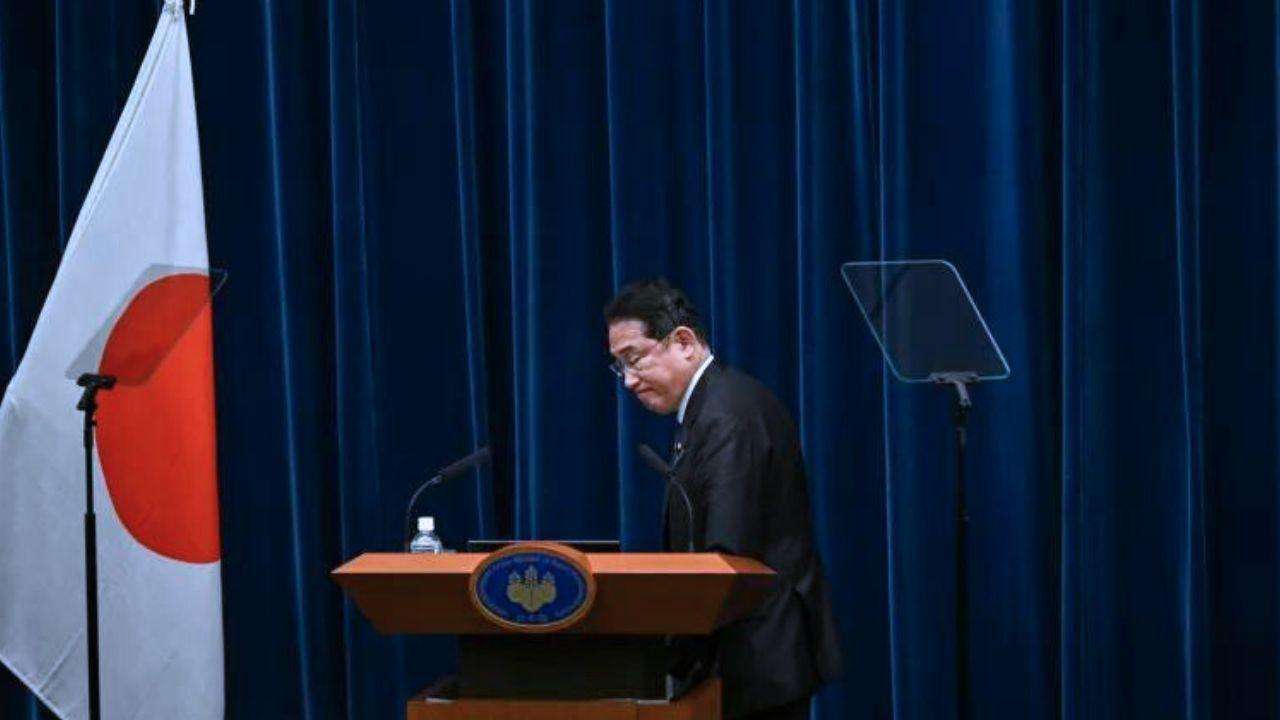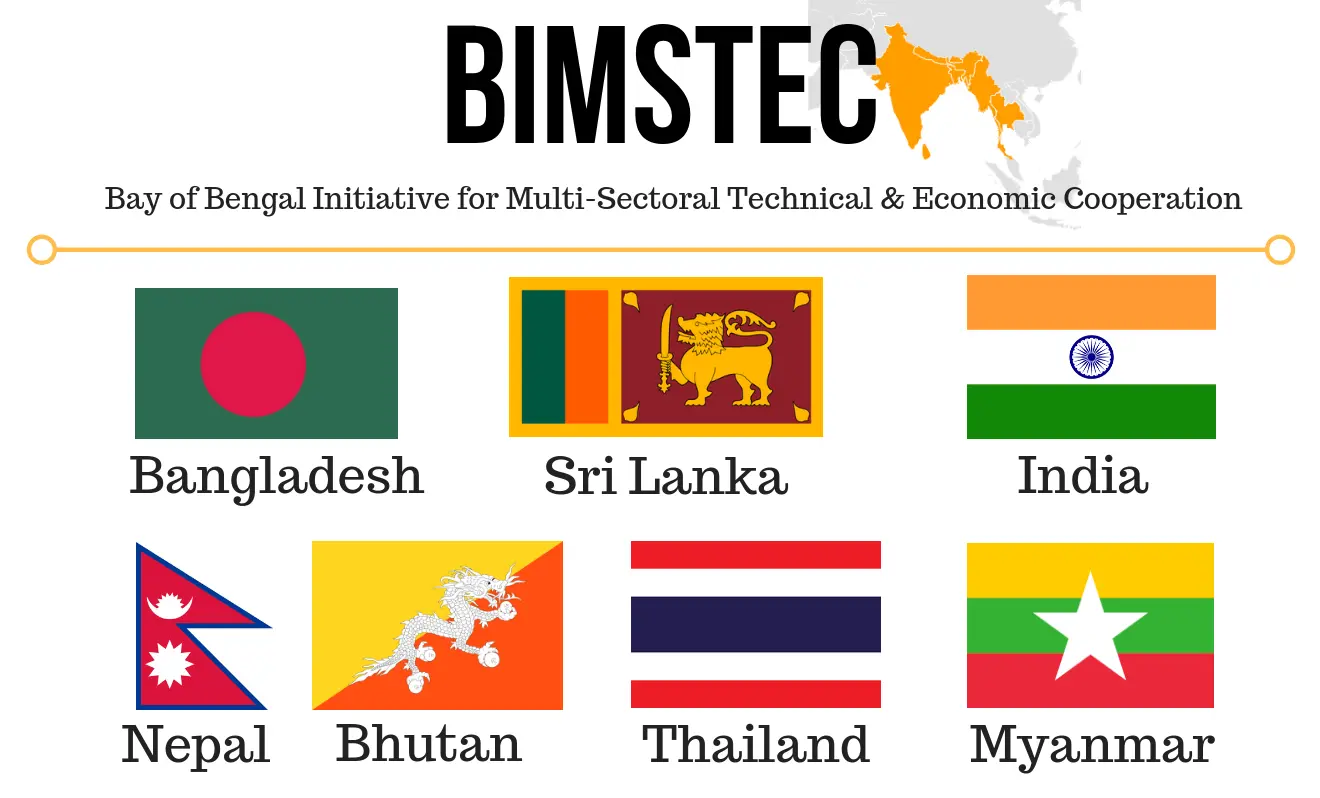The country will also have a new prime minister as Japanese Prime Minister Fumio Kishida declared he will not run for the position of leader of the ruling Liberal Democratic Party (LDP) in the party votes scheduled for next month.
At a press conference on Wednesday in Tokyo, Kishida stated that he would wholeheartedly back the LDP's leadership and that the organization needed a fresh face.
“In this election, it is necessary to show the people that the LDP is changing and the party is a new LDP,” Kishida told reporters.
“For this, transparent and open elections and free and vigorous debate are important. The most obvious first step to show that the LDP will change is for me to step aside. I will not be running in the forthcoming presidential election.”
Kishida had informed senior administration officials of his intention not to run, Japanese media including national broadcaster NHK reported earlier.
Kishida was elected party president in September 2021 for a three-year term and won a general election shortly afterwards.
But his approval ratings have fallen sharply amid a major corruption scandal within the LDP surrounding unreported political funds raised through tickets sold for party events. More than 80 LDP lawmakers, mostly belonging to a major party faction previously led by assassinated former Prime Minister Shinzo Abe, have been caught up in the scandal and 10 people – lawmakers and their aides – were indicted in January.
“He’s been a dead man walking for quite some time,” Michael Cucek, an expert in Japanese politics at Tokyo’s Temple University, told the Reuters news agency.
“Public discontent with Kishida was connected with the LDP’s entanglements with the former Unification Church, which became apparent after Abe’s assassination, as well as slush fund scandals, and the slide in the yen that increased inflation pressures.”
Whoever wins the race for party leader will face a raft of challenges as they take on the job of prime minister, which goes to the leader of the party with the most seats in parliament.
Kenta Izumi, the leader of the Constitutional Democratic Party, the country’s main opposition party, noted that the issues which had caused trouble for Kishida has not gone away.
“These problems are still unsolved,” he wrote on social media platform X.
Kishida, a former foreign minister with a reputation as a consensus builder, took on the top job from Yoshihide Suga who was criticised for his handling of the COVID-19 pandemic.
Under Kishida, Japan pledged to double its defence spending to the NATO standard of two percent of GDP by 2027.
This marked a turn from decades of strict pacifism, encouraged by the United States amid concern about China’s increasingly assertive stance in the Asia Pacific.
Kishida visited the US in April when the two countries announced a “new era” in cooperation.
In July, Japan and the Philippines signed a defence pact allowing for the deployment of troops on each other’s territory



_4.jpg)




.svg)


_5.jpg)